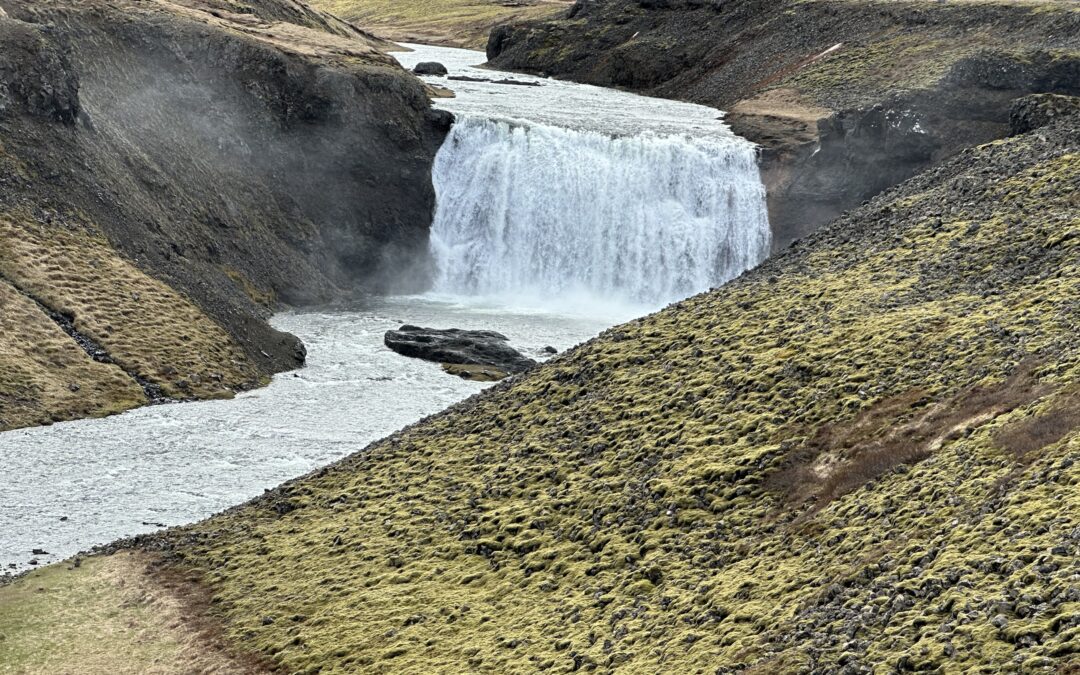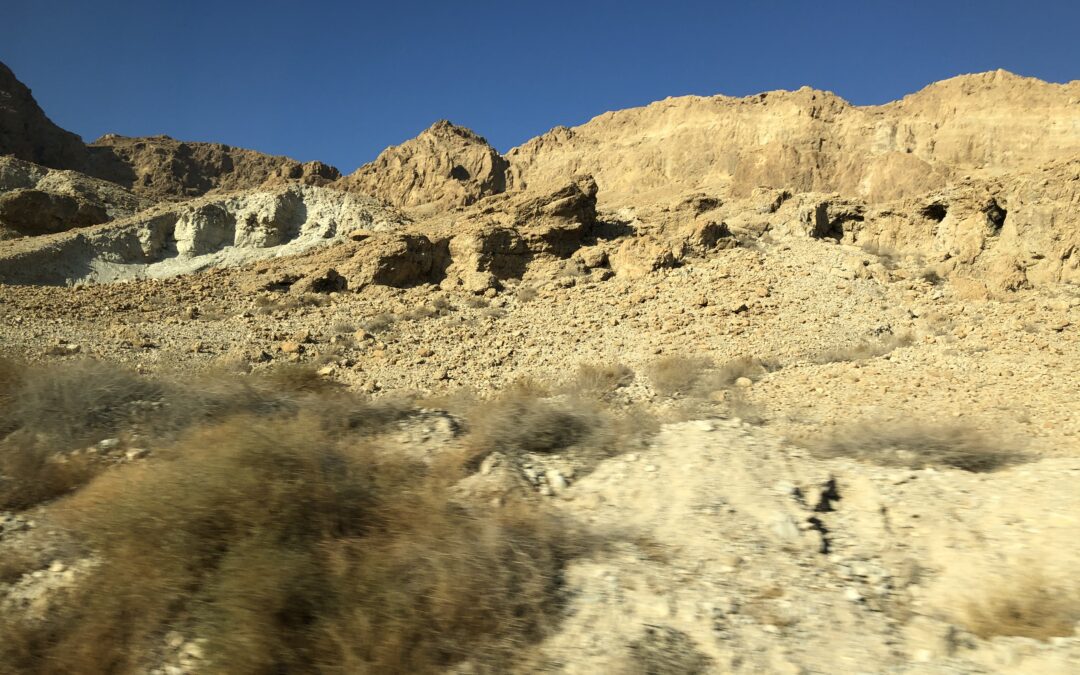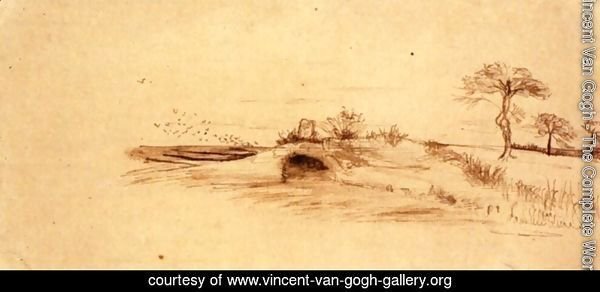Most of us have had the dilemma, at one time or another, of trying to buy a gift for “the person who has everything.” We rack our brains trying to come up with something unique, something that person would love, but probably wouldn’t buy for him or herself. Gift cards are a possibility, but as I can tell you from experience of being on both side of the gift card gift, that it doesn’t always fill the bill.
This week’s Torah reading, Eikev, has a possible solution – offering a blessing as a gift.
We’re familiar with the idea saying a blessing, or grace, before a meal, but the idea of reciting a blessing after we’ve finished is unique. In the book of Devarim, Deuteronomy, Moses is recounting the years in the wilderness for a community of people that either hadn’t been born, or were too young to remember the Revelation at Sinai. Here, along with a reminder of the circuitous path they had taken since leaving Egypt, Moses tells them of the good things that will happen if they follow God’s commandments. Of course, there will be consequences for not following them, but that’s a discussion for another time.
Moses tells the Israelites that God will bring them to a land of streams and springs and fountains; a land of wheat, barley, grapes, figs and pomegranates, olive trees and honey. A land where they can eat to their hearts content. Then Moses continues a theme presented earlier, that God has provided for the people through God’s grace–not because the people did anything special to merit this abundance. As a result, we bless God for all that we have been given–
V’achalta v’savata u vayrachta et Ado-nai Elo-hecha al ha-aretz hatovah asher natan lakh… and you will eat, and you will be satisfied and you will Bless the Lord your God for the good land which God has given to you.
Bless God??? The whole idea of a person blessing the Creator instead of vice versa is somewhat strange, and this is the only place in the entire Torah where God commands us to “bless” God’s name.
This brings up the question, does God need our blessings? Probably not–after all–God is the source of all blessing, and we need to appreciate that we’re not dealing with God’s needs of the Lord but our needs. When we bless God for what we have received and enjoyed, we show that we acknowledge God’s benevolent and ongoing interest in all God’s creatures.
By offering a blessing to God, we’re essentially offering a gift to the One who has everything, and just as we hope that a human recipient of a gift will show appreciation, we pray that God will as well.











0 Comments